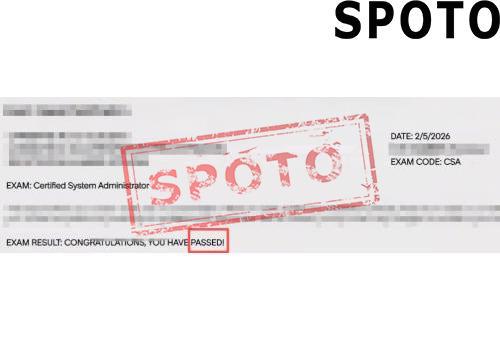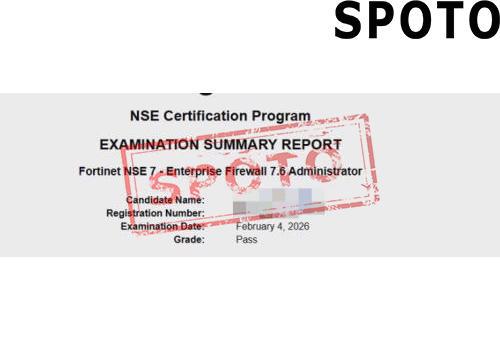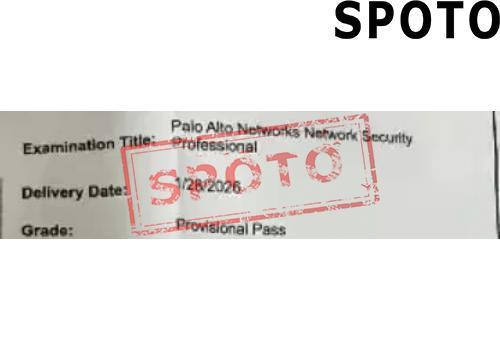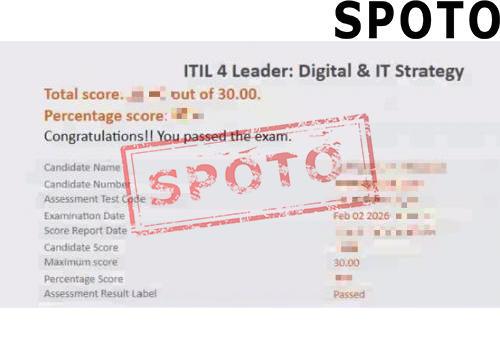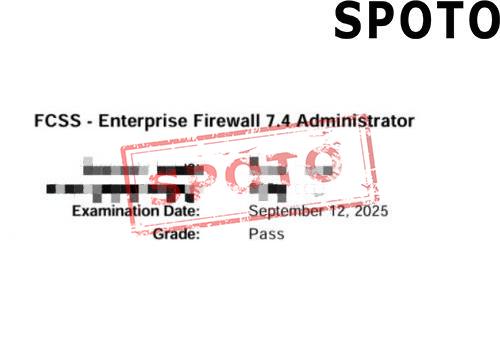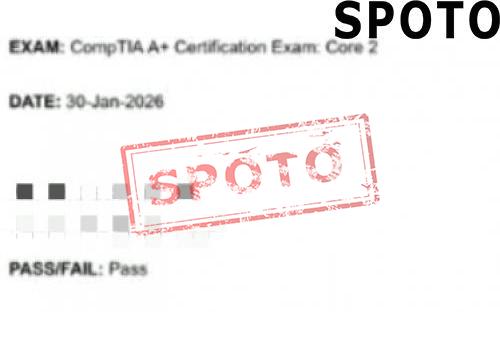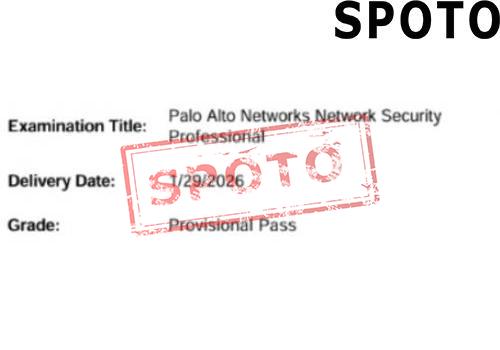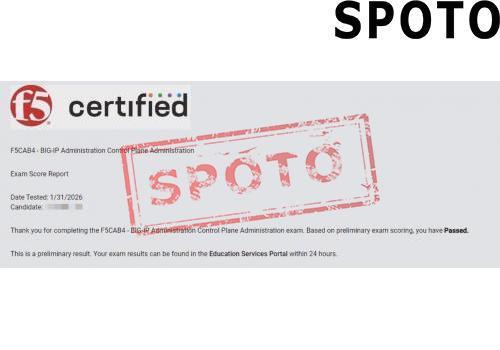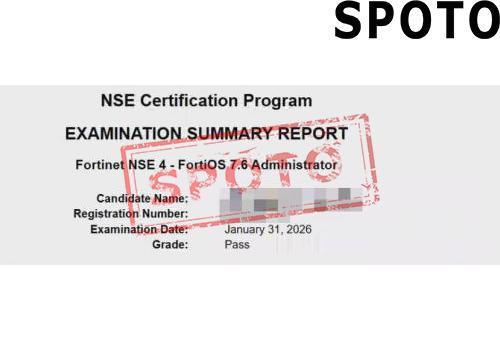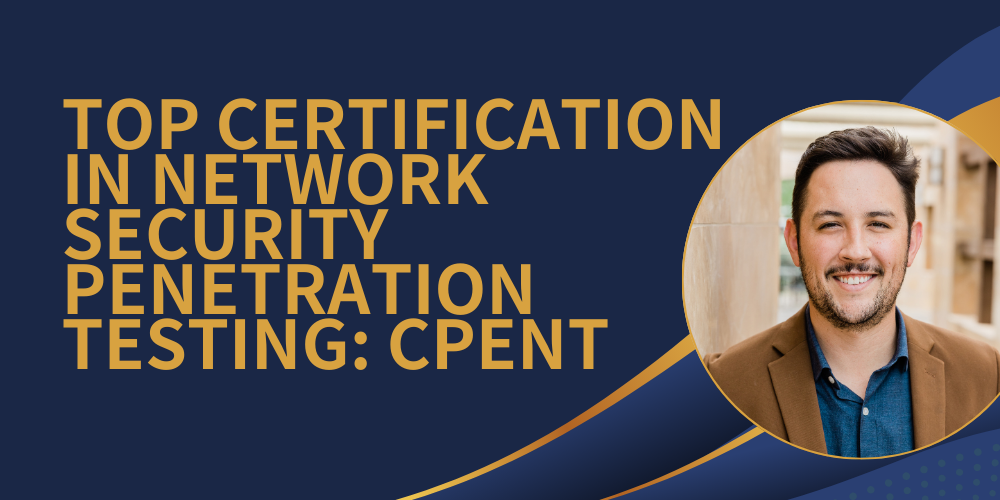
Table of Contents
- 1. Introduction to the Certified Penetration Testing Professional certification
- 2. Why Earn Your Certified Penetration Testing Professional Certification?
- 3. Core Components of the CPENT Certification
- 4. What are the requirements to be a CPENT Certified Penetration Tester?
- 5. Comparable Certifications to Certified Penetration Testing Professional certification
CPENT is a top-tier professional certification in the field of network security penetration testing that enhances practitioners' advanced penetration testing expertise.
1. Introduction to the Certified Penetration Testing Professional certification
EC-Council Certified Penetration Testing Professional (CPENT), also known as the EC-Council Certified Penetration Testing Professional, is a high-level cybersecurity penetration testing certification offered by EC-Council, and it also verifies practitioners' ability to conduct in-depth penetration testing in complex network environments and address advanced cyber threats. It is a highly authoritative and valuable qualification in the field of cybersecurity offense and defense.
Amidst the increasingly severe cybersecurity landscape and the increasingly sophisticated and diverse cyberattack methods, enterprises urgently need professional penetration testers who can deeply identify deep-seated security vulnerabilities within their network systems and applications and provide practical and actionable protection recommendations. The core purpose of the EC-Council Certified Penetration Testing Professional (CPENT) program is to cultivate and certify professionals with top-tier penetration testing skills. Like experienced "white hat" hackers, they apply innovative thinking and advanced techniques to comprehensively test the security of target systems in simulated, complex cyberattack scenarios, accurately identify hidden, high-risk vulnerabilities, and develop effective security defense strategies for enterprises, helping them strengthen their cybersecurity defenses and ensure the secure and stable operation of critical businesses.
2. Why Earn Your Certified Penetration Testing Professional Certification?
EC-Council, a globally renowned cybersecurity professional organization, offers the EC-Council Certified Penetration Testing Professional (CPENT) certification, which is highly authoritative and recognized in cybersecurity offense and defense, particularly in penetration testing. This makes you highly competitive when applying for highly specialized positions such as penetration testing and network security assessments, making you more attractive to employers.
The CPENT certification focuses on the key niche of network security penetration testing and is a crucial step in your journey from mid-level cybersecurity positions to senior penetration testing specialists, security architects, and other high-level positions. Obtaining the CPENT certification broadens your career path and often results in a significant salary increase.
The preparation and certification process encourages you to fully immerse yourself in the practical aspects of advanced penetration testing, engaging in repetitive research and intensive practical training across all phases, from information collection and vulnerability discovery to exploitation and post-exploitation. This empowers you to better address increasingly complex cybersecurity threats and diverse penetration testing scenarios, playing a critical role in ensuring enterprise network security and the stability of business operations.
Technology in the cybersecurity field is rapidly evolving, and penetration testing methods and tools are also constantly changing. The continuing education requirements of the CPENT certification also force you to continuously monitor industry trends, acquire new knowledge and skills, and stay abreast of industry developments. This ensures your professional competence remains relevant to the ever-changing landscape of cybersecurity penetration testing, including keeping up with cutting-edge content such as new vulnerability discovery techniques, the latest attack exploits, and advanced covert operations strategies.
3. Core Components of the CPENT Certification
Through this preparation, you'll master deep and dark web intelligence gathering, advanced fingerprinting and covert scanning techniques, and accurately locate critical information on complex targets. This includes the detection and exploitation of zero-day vulnerabilities, advanced code auditing and fuzz testing, and the identification of deep-seated vulnerabilities in modern web applications and cloud environments.
Furthermore, you'll gain familiarity with APT attack techniques, industrial system penetration, and custom attack tool development, enabling complex privilege escalation and cross-domain lateral movement. You'll also learn to establish persistence in a robust defense environment, and utilize fileless attacks and covert channels for data theft and covert transmission.
Ultimately, you'll be able to independently write deep penetration reports, clearly explain complex vulnerabilities and attack vectors, and provide feasible remediation solutions. This will empower you to effectively communicate with senior management and technical teams.
4. What are the requirements to be a CPENT Certified Penetration Tester?
(1) Qualification prerequisites:
EC-Council recommends a solid foundation in network security fundamentals, including familiarity with common network protocols, operating systems, and basic network security concepts. This foundational knowledge is the cornerstone for understanding and mastering the advanced penetration testing knowledge and skills required for the CPENT exam.
In addition, EC-Council requires at least two years of network security-related work experience, particularly practical experience in penetration testing, network security assessments, and vulnerability analysis. Because the CPENT exam is challenging and highly specialized, practical work experience will help you better understand complex testing scenarios, address various real-world problems, and flexibly apply your knowledge to real-world situations.
(2) Training and examinations:
The CPENT exam lasts eight hours and primarily consists of practical exercises. Through simulations of realistic and complex network security scenarios, you will be required to apply your advanced penetration testing knowledge and skills to complete a series of practical tasks, from information gathering, vulnerability discovery, attack exploitation, to post-exploitation. This comprehensive assessment of your penetration testing capabilities in real-world work scenarios is crucial.
According to the official standards set by EC-Council, you must meet certain assessment requirements to pass the exam. These typically require you to successfully complete multiple, diverse, and challenging penetration testing tasks within a specified timeframe, accurately identify and exploit complex vulnerabilities, and demonstrate the ability to conduct in-depth penetration testing in complex network environments, address advanced network threats, and write professional reports. This demonstrates your ability to independently conduct advanced penetration testing.
The exam fee may vary slightly by region, generally around US$1,999. This is one of the more expensive professional certifications, but it offers a high investment value for practitioners seeking to enhance their professional status and competitiveness in the penetration testing field.
(3) Qualification maintenance:
The CPENT certificate is valid for three years and during this period and it also represents the candidate's professional competence and can be used to demonstrate their qualifications for job applications and career advancement. It also enjoys high recognition within the industry.
To maintain the validity of the certificate, a certain number of credits must be accumulated through participation in EC-Council-approved continuing education activities during the certificate's validity period.
5. Comparable Certifications to Certified Penetration Testing Professional certification
- Offensive Security Certified Professional (OSCP)
- GIAC Penetration Tester (GPEN)
- GIAC Exploit Researcher and Advanced Penetration Tester (GXPN)
- CompTIA PenTest+
